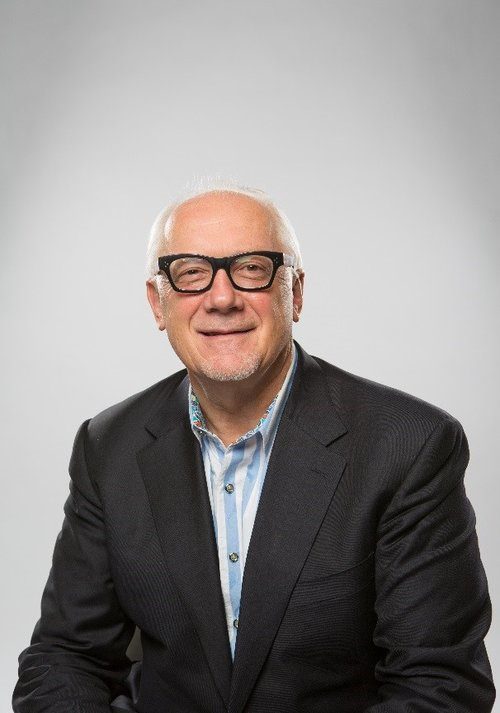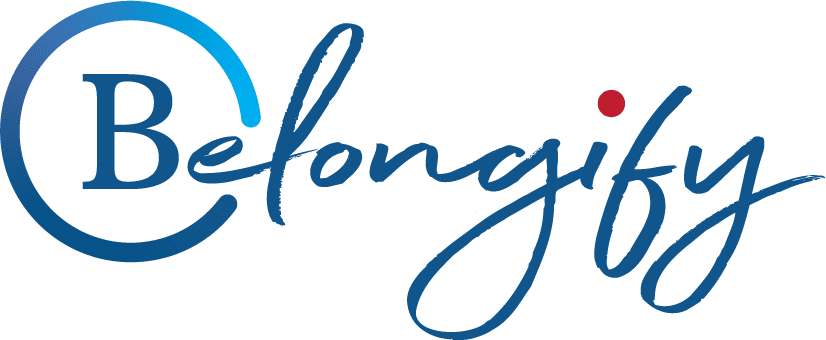Anyone who has worked in a toxic workplace culture can relate to how draining and frustrating it feels. When we don’t feel we belong or “fit” in a team or culture, it drains our energy and reduces our ability to contribute.
I first met Lorne Rubis almost a decade ago when he was Chief People Officer at ATB Financial, where he was building an extraordinary culture at that time. Our team of Organizational Psychologists was brought in to work on assessing new hires for their fit with ATB’s culture, as well as building leadership capabilities around their “Leaders All In” model.
Lorne and I kept in touch over recent years and I’m keenly learning about his current work around the 10 elements of extraordinary cultures, as well as the organization he recently co-founded called Belongify, where he focuses on the evolution from inclusion to belonging in organizations.
What inspired you to focus specifically on Belonging, and to co-found Belongify?
Lorne explains a pivotal memory: “I was six years old and lived on a farm. I got on the bus for the first day of school. There was only one seat left, and there was dead silence. I took the empty seat beside a young, Black, Indigenous girl. Everybody was yelling “scabies, scabies, scabies.” My face went red. I turned my back on her and faced the aisle. I felt ashamed and did not know how to navigate this. I have thought ever since about how she would have felt; this remains a “tattoo” I’m ashamed of that has stuck with me. I always have thought that wherever I could, I wanted to help everyone feel included.”
Lorne has gone on to found Belongify to help organizations move beyond inclusion to create the conditions for belonging at the individual, team, and leadership levels. He believes that we need to honour every sweet and wonderful part of who we are. This includes who we are as part of any representative group as well as who we are as individuals. “We” is always greater than “I”, but there is also the need for both Me and I. What if we could create conditions so that every day we feel we are a vital part of something and that we belong?
What conditions are needed to create a culture of belonging?
Lorne explains how we need to see each other as human beings, including our imperfections, the good, and the challenges we face. “The more I know about what you’re passionate about, your family, what you like to do – this forms bridges between us. We can build off these bridges to tap into our strengths and be more accepting of our unique characteristics and quirks.”
Psychological safety is required in a culture of belonging; Harvard Professor Amy Edmondson tapped into this important concept, and without feeling psychologically safe, people won’t be all in.
Another condition, according to Lorne, is a shared sense of meaning rather than simply transacting, which helps people belong and thrive: “If I know my teammates and they know me, I can authentically show up to thrive and contribute; we are not perfect but I have clarity of purpose and make a difference. This will move the organization greatly.”
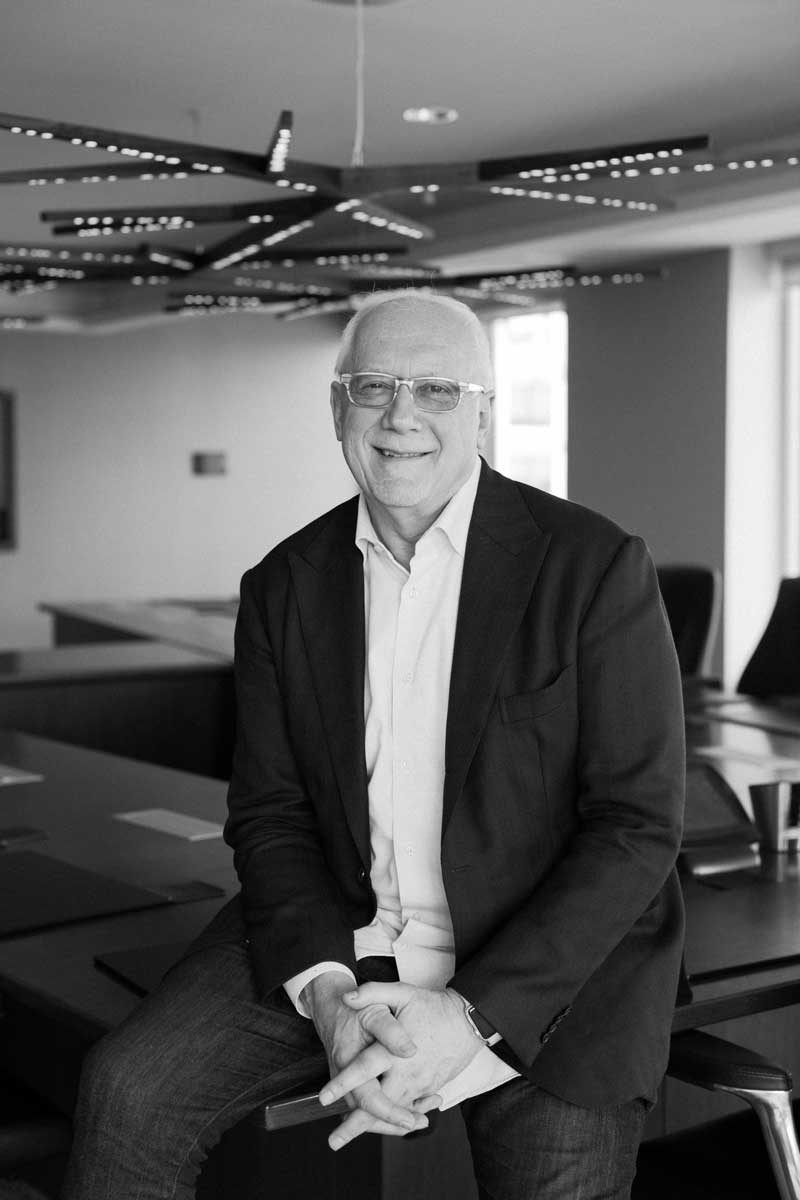
[Lorne] believes that we need to honour every sweet and wonderful part of who we are. This includes who we are as part of any representative group as well as who we are as individuals. “We” is always greater than “I”, but there is also the need for both Me and I. What if we could create conditions so that everyday we feel we are a vital part of something and that we belong?
What is the role of leaders in fostering a culture of belonging?
Leaders need to truly believe that people are more than a resource. They are THE source. It’s critical to optimize the contribution of every human as a source of progress and success, and create conditions for this. We need to build on the unique strengths of every single person who makes up your team.
An intriguing question Lorne asks leaders to contemplate is: “What’s the dinner conversation about you as a leader? What are they saying about you? What leaders have helped you thrive? Which have been dysfunctional? Those stories last forever. People don’t expect perfect leaders, but they do want leaders who help them thrive, contribute and belong!”
Tell us the difference between inclusion and belonging? Why is this an important evolution?
Diversity is a fact, you represent a certain group or community or you don’t. Equity is a matter of fairness and justice, which we still have a long way to go on. Inclusion means we’re all invited to be part of something. Belonging means that you fully feel part of something (i.e., you are able to bring your full self, to ask for help, you’re comfortable speaking up, and feel that you truly belong).
“People don’t expect perfect leaders, but they do want leaders who help them thrive, contribute and belong” – Lorne Rubis
If you could have one wish for a better world when it comes to work/life, what would it be for you?
Lorne’s wish is that “we all felt like we were seen. The Zulu tribe has this wonderful greeting: “I see you” – we are all in with each other. That’s what everyone needs. We want to love, we want to belong, and we want to be seen. If I could wish that, oh the strides we would make!”
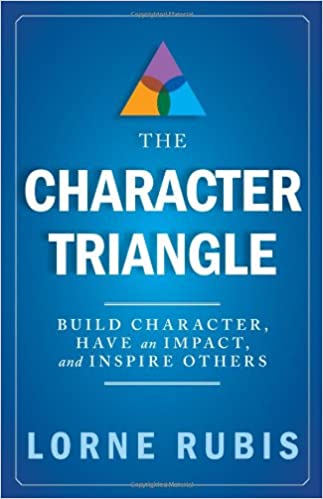
About Lorne Rubis:
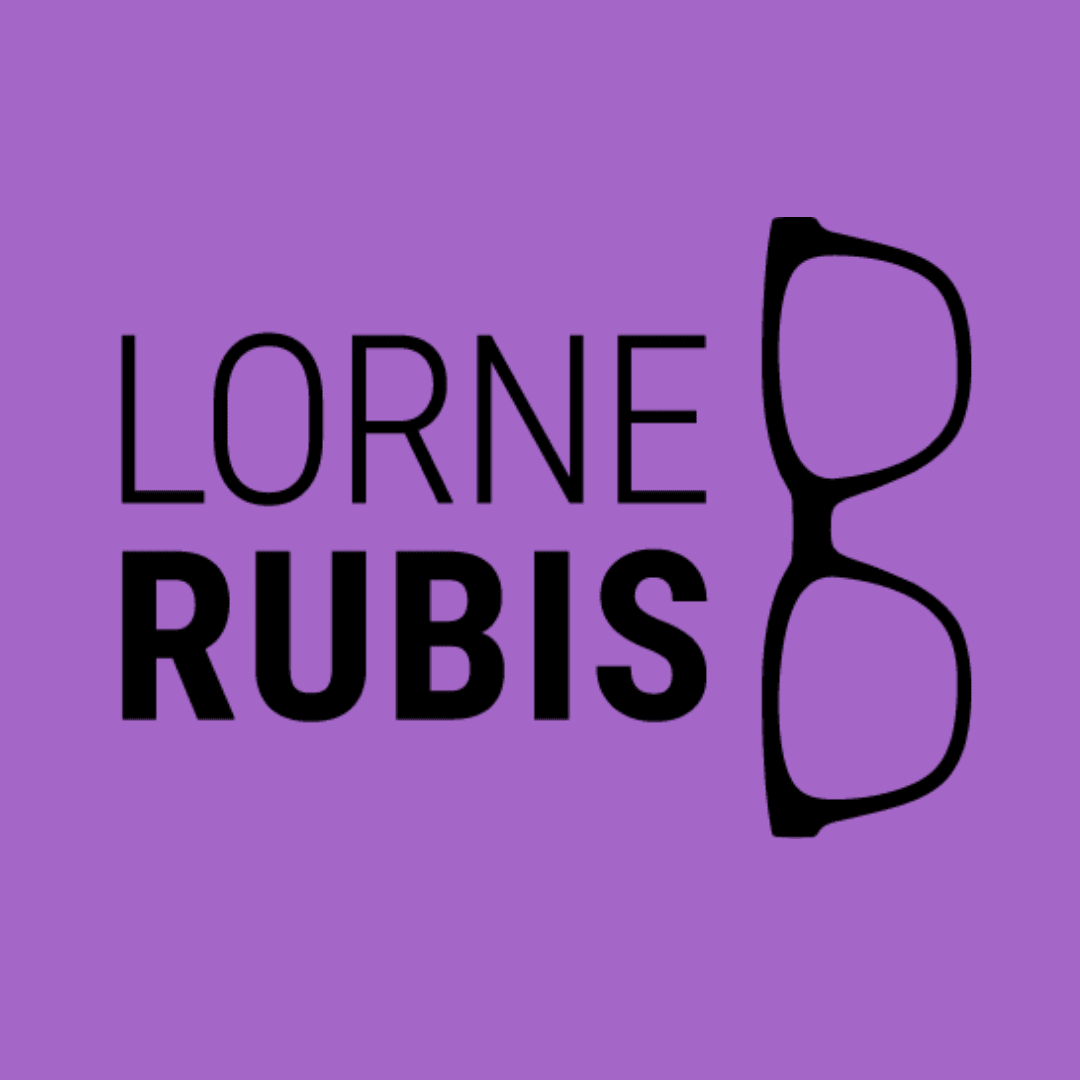
Currently the Co-Founder of Belongify.com, Lorne Rubis is fully immersed in the world of culture and leadership, stating his life’s purpose is “all about advancing people and organizations”. Whether leading, facilitating, consulting, teaching, speaking, writing, or podcasting, Lorne utilizes 40 plus years of experience in leading personal and cultural transformation to deliver actionable insights every day. He and his wife Kathleen (his high school prom date) divide their time between residences in Alberta, British Columbia, and Washington, with an everyday mission to remotely connect with their three adult children and four grandkids who live in the U.S. and UK. They all gather whenever they can at the Rubis family vineyard in Naramata, BC.
Lorne is a published author (The Character Triangle) and was awarded the 2018 Ivey School of Business/HRD Magazine Canadian Lifetime Achievement Award for his contributions to the Human Resource community and advancing the workplace in Canada. In 2020 the HRD Magazine included Lorne in their Global 100 list of top HR Leaders. Lorne was appointed to the FortisAlberta Board of Directors in February 2019. He is a member of the Institute of Corporate Directors and an invited mentor at The Unreasonable Group. Lorne has also been recognized in the World’s Top 30 Culture Professionals for 2021 and 2022.



